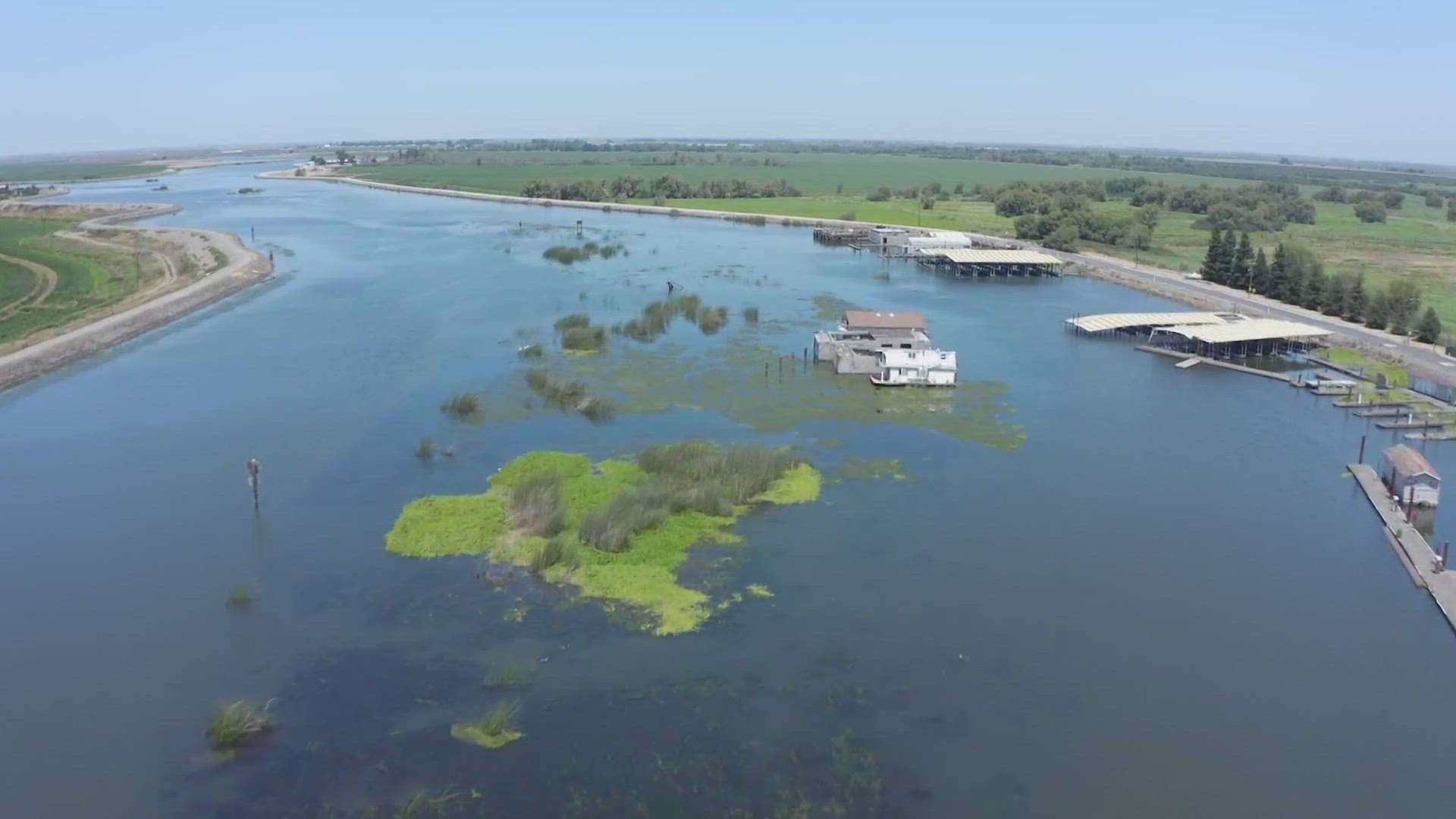The San Joaquin River in Stockton has morphed into an underwater car dump, with dozens of abandoned vehicles lying on its bed.
While the river serves vital purposes, like generating hydropower and providing drinking water, an unusual issue has surfaced due to the dumping of vehicles into its waters.
“We get probably like three to four cars in the water every month, but this year it's been significantly more. I would probably say about double,” said Deputy John Canepa with the San Joaquin County Sheriff’s Office Boating Unit.
The dumped cars, mostly along Eight Mile Road in Stockton, are thought to be stolen or accidently driven into the water, cluttering the riverbed. Worryingly, some could even be linked to missing persons, such as 24-year-old Jacob VanZant, who vanished in February and was later found deceased in his submerged car.
“Taking cars out is important for us at the sheriff’s office because it could be related to a stolen vehicle or missing person, and it would be awesome to bring closures to those families,” Canepa emphasized.
Unfortunately, the removal of these cars isn't straightforward. The Sheriff’s Office is grappling with limited resources, lacking a dive team and relying on Stanislaus County's dive team and Sacramento County Sheriff’s Office's underwater camera.
These sunken vehicles pose more than just a risk for missing persons investigations—they threaten the environment, potentially leaking hazardous substances into the river.
Harry Allen from the Environmental Protection Agency (EPA) shared his concerns: “California's waterways are a professional priority for me and everywhere else, so I'm very interested in this particular problem, especially as it relates to oil and hazardous substances.” Allen also mentioned ongoing attempts by both state and federal governments to remove around 50 vessels in the Delta.
UC Davis environmental toxicologist Ronald Tjeerdema explained the gravity of the situation: “They can cause serious consequences for fish and other critters,” he said. “If the concentrations are high enough, they can actually then kill them as well.”
For now, the Sheriff's Office must rely on other agencies and wait for funding to address this growing problem, all while families like VanZant's grieve their losses, still unsure of the circumstances that led their loved ones' cars into the river.


